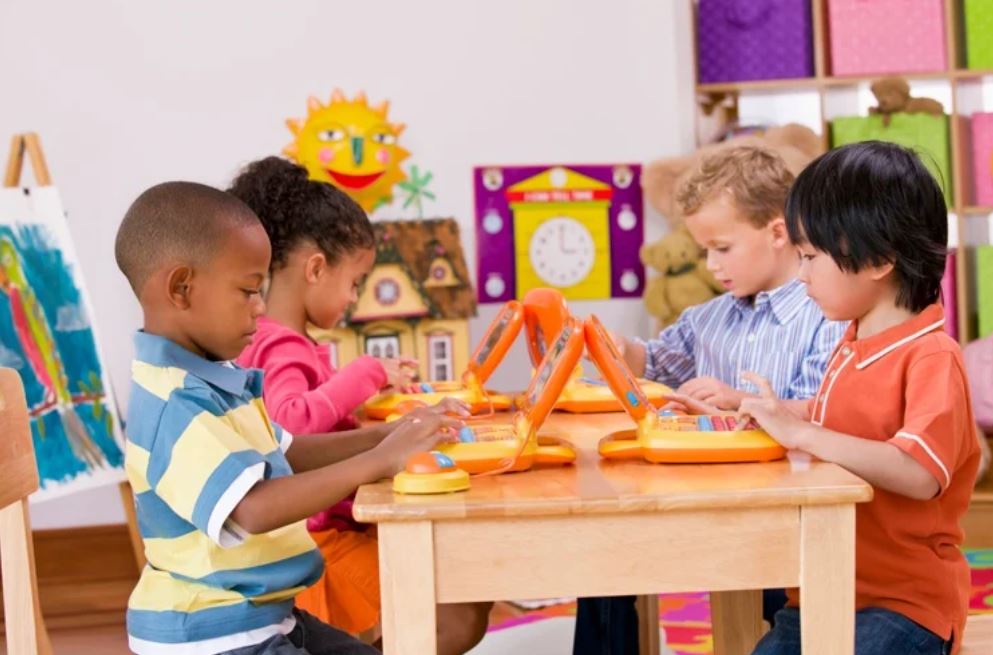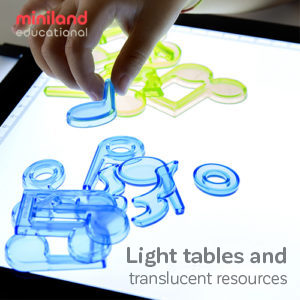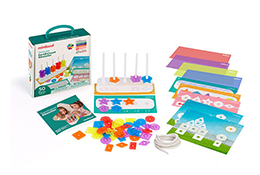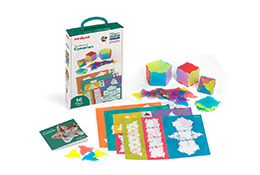As such, the more emotionally intelligent an individual is, the more fulfilling their path through life. While the definition of emotional intelligence or Emotional Quotient (EQ) is relatively simple: “the ability to identify and manage your own emotions and the emotions of others” (PsychologyToday), providing children with the necessary tools and opportunities to develop into emotionally intelligent adults is less so.
Our digitally-saturated day-to-day lives can make it difficult for children to develop their emotional intelligence.
Technology’s ubiquity, which has given rise to penchant online playtime and ‘friends’, coupled with the dismantling of the traditional family unit, mean that growing and developing emotional intelligence can be a lot harder for children today than say, a decade or two ago. As such, the onus is on teachers to actively focus on nurturing this vital skill, via a variety of tools, including educational toys and activities.

To help you cultivate emotional intelligence in your students, we suggest you harness the power of the following educational toys:
Building blocks like Lego: Encourage peer-to-peer collaboration, communication and trust.
Multi-player board games: Board games like Snakes and Ladders, Junior Monopoly and Junior Trivial Pursuit provide great platforms for kids to learn about teamwork. They’ll learn about social etiquette, such as taking turns and being a gracious ‘loser’, as well as patience and trust.
Miniland social skill set educational toys: Designed to encourage the development and strengthening of social skills, Miniland offers a range of educational toys with a focus on EQ.
These include Emotiblocks, which help kids to familiarize themselves with emotions; Pair Game: Learning Values cards, which teach children about tolerance, gender equality, respect and similar values, and Learning Frames: Routine and Manners which familiarizes children with the concepts of responsibility and respect.
Pair the use of educational toys with daily EQ-centric activities to boost your students’ emotional intelligence.
In order to provide your class with the opportunity to develop their EQ throughout the school day, incorporate activities such as the following into their daily curriculum:
“Today I feel”: Set aside fifteen minutes to go around the room, asking each child to name the emotion that they’re feeling. To help younger learners familiarize themselves with the array of human emotions, stick up a cardboard chart with different face emojis and their corresponding name.
“Guess my emotion”: Much like charades, this activity teaches children how to recognize the physical and verbal displays of emotion in their peers. Give each child, or groups of children, an emotion to act out, and then have the class guess the answer.

“Would or would not”: Compile a worksheet (or lead a discussion) that describes several scenarios and the appropriate response. For example, “Timmy fell and scraped his knee” – Would: “Give Timmy a hug – ” Would not: “Laugh at Timmy”. Get your students to identify the right way to react to a situation, and then discuss the reasons as to why one would show compassion, for example, instead of ridicule.
Give your students the tools they need to become emotionally intelligent members of society. Find out more about Miniland school toys that make developing EQ fun.




